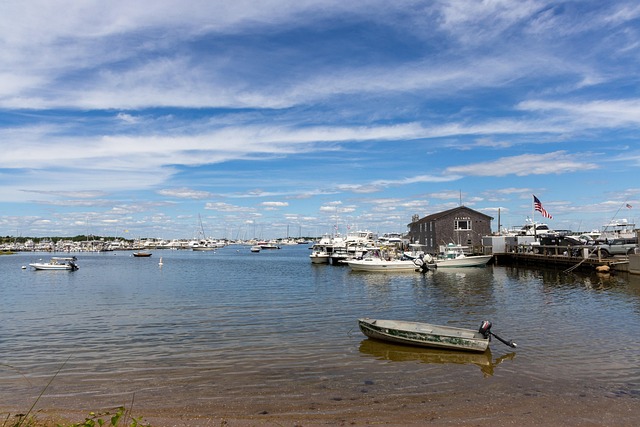Rhode Island boasts robust child protection laws that prioritize physical, emotional, and sexual safety for minors, with a particular focus on preventing and punishing child sexual assault. These laws are guided by international standards set by UNICEF and the United Nations, ensuring best practices in reporting, investigating, and prosecuting offenders. Child sexual assault lawyers play a pivotal role in upholding these measures, providing legal counsel to victims, assisting in evidence collection, and shaping prosecution strategies. By continually evaluating and aligning local laws with global benchmarks, Rhode Island strengthens its child protection framework, both locally and internationally, enhancing safety for all children.
“In the realm of child welfare, understanding local laws in comparison to global standards is paramount. This article explores how Rhode Island’s child protection laws measure up internationally, with a focus on addressing issues like child sexual assault. From the perspective of Rhode Island’s legal framework, we’ll navigate ‘Understanding Rhode Island’s Child Protection Laws’ and then compare it to the broader ‘International Standards for Child Protection’. This analysis aims to foster effective global protections for our young ones.”
Understanding Rhode Island's Child Protection Laws
Rhode Island’s Child Protection Laws are designed to safeguard minors from various forms of abuse, including physical, emotional, and sexual exploitation. The state has stringent regulations in place to prevent child sexual assault, with severe penalties for offenders. Child sexual assault lawyers Rhode Island play a pivotal role in upholding these laws by providing legal counsel to victims and ensuring justice is served. They help navigate the complex legal system, offering guidance on reporting obligations, evidence collection, and potential prosecution strategies.
These laws encompass a range of measures, such as age-of-consent regulations, strict penalties for sexual predators, and comprehensive support services for survivors. By adhering to international standards, Rhode Island demonstrates its commitment to protecting its youngest citizens from one of the most heinous crimes. Understanding these laws is crucial for both residents and visitors, emphasizing the state’s dedication to fostering a safe environment for all children.
International Standards for Child Protection: A Global Perspective
Child protection laws worldwide share a common goal: to safeguard the rights and well-being of children, especially in circumstances of vulnerability and abuse. International standards, as outlined by organizations like UNICEF and the United Nations, provide a framework for nations to ensure the best interests of children are at the forefront of legal systems. These standards emphasize the prevention of violence against children, including physical, emotional, and sexual abuse, and the establishment of robust mechanisms for reporting, investigating, and prosecuting offenders.
In the context of Rhode Island, where child sexual assault lawyers play a crucial role in advocating for victims’ rights, comparing local laws to these international standards is essential. The state’s legal framework should align with global best practices, ensuring comprehensive protection against child exploitation and abuse. By adhering to international guidelines, Rhode Island can enhance its response to child protection issues and contribute to a safer environment for children both locally and globally.
Comparing Local and Global Efforts: Protecing Children Effectively
In comparing Rhode Island’s child protection laws to international standards, it’s evident that the state has made significant strides in protecting its young ones. However, there’s always room for improvement. Local efforts, including initiatives by child sexual assault lawyers Rhode Island, have led to stricter regulations and enhanced support systems. These include heightened penalties for offenders and better resources for survivors.
On a global scale, international standards often set a high bar for child protection, focusing on comprehensive prevention, early intervention, and long-term support. While Rhode Island aligns well in many areas, continuous evaluation against these benchmarks is crucial. By integrating best practices from around the world, the state can further strengthen its approach to safeguarding children, ensuring their well-being and fostering a safer environment for all.





